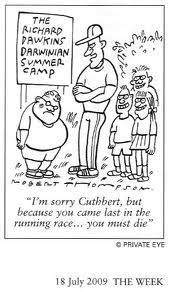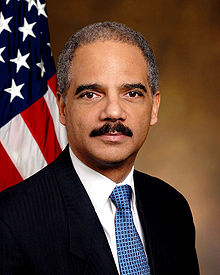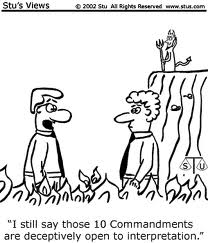Replying to a critic: My last circumcision post (for a while) – with video debate
See Brian’s most recent previous post by clicking here.
See all of Brian’s previous posts by clicking here.
Follow Brian on Twitter by clicking here.
VIDEO DEBATE LINKED TO BELOW – ARI KOHEN AND I DISCUSS THE ETHICS OF RELIGIOUSLY-MOTIVATED CIRCUMCISION
Ari Kohen doesn’t like my recent post about circumcision—the one in which I argue that it is unethical to remove healthy tissue from another person’s body without first getting his permission. I then go on to say that religious justifications cannot override this basic principle. Here’s that post again.
Ari is a professor of political theory and human rights at the University of Nebraska at Lincoln. In this blog post, he takes me to task for failing to take seriously the religious commitments of Jews in framing my arguments. And while he gets some things wrong about, for example, the relevance of “sexually-sensitive tissue” to my overall reasoning; and while he misses the point of my bringing up female genital cutting entirely (I’ve since edited my post to clear up any lingering ambiguity) – he is probably right that my approach to debating this issue is unlikely to win me any converts from within the ranks of the religious.
Read More »Replying to a critic: My last circumcision post (for a while) – with video debate




